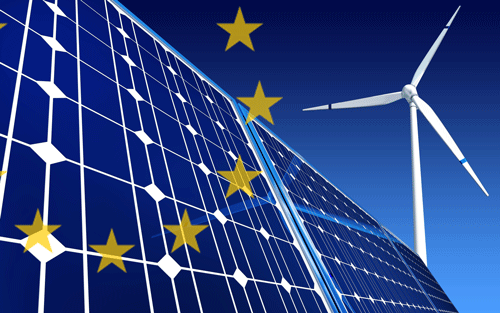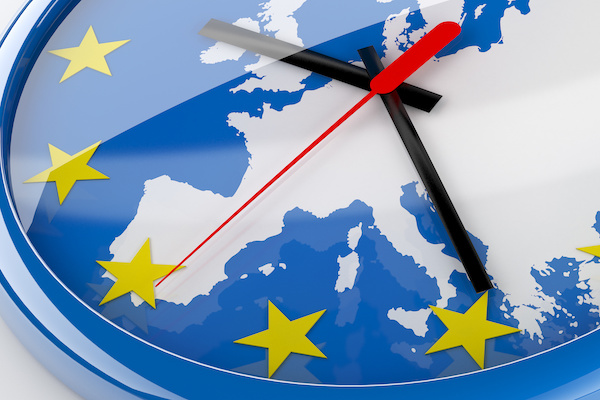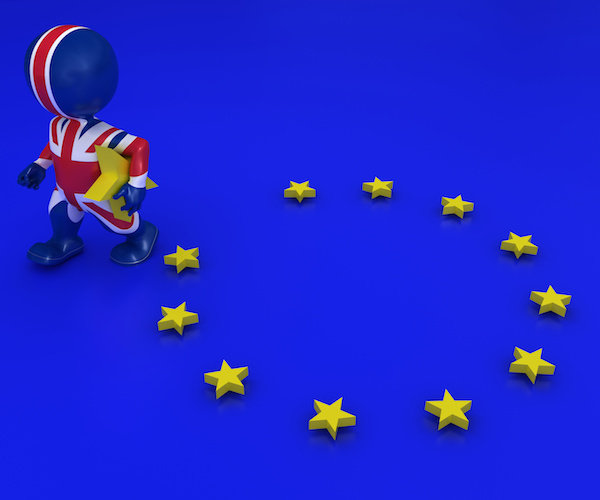16 May 2017
Renewable energy: An ambitious, yet to be further improved European approach


On November 30th 2016, the European Commission published its “Clean Energy Package”, a corpus of legislative proposals which aims at implementing the energy transition initiated at the European level, and making it an economic, social and industrial success. The Directive related to the promotion of renewable energy, currently under consideration in the Council and the European Parliament, is a cornerstone for this success: according to Maros Sefcovic, the Vice-President of the European Commission in charge of the Energy Union, the EU should establish itself as a world leader in renewable energy by 2030 … While the European Parliament is finalising its proposals, UFE outlines two thorny issues in this draft Directive.
First of all, the proposal for a revised Renewable Energy Directive shall coordinate both the binding European objective for 27% of renewable energy in final energy consumption, and an efficient framework for progressively integrating renewable energy into the market.
However, the means to deliver are not sufficient, especially regarding funding. Indeed, in its current state, the text does not provide sufficient visibility on the evolution of support schemes after 2020, which is a crucial aspect to secure future investments and guarantee that 2030 objectives will be reached. This approach seems quite paradoxical, especially since the European Commission rightly calls for Member States to provide stakeholders with increased predictability and avoid stop-and-go policies.
Technological neutrality is a good idea only at first sight
In parallel, under the pretext of “economic rationality”, this draft Directive would lead to support renewable energy infrastructure projects only through technology neutral calls for tenders (Art. 4). If setting a competition framework could be profitable to select the most efficient technologies when they can be compared, a binding generalisation of this approach would be counter-productive regarding technical, economical, and political grounds.
Indeed, a technology mix remains necessary to withstand meteorological fluctuations and guarantee security of supply. The dogmatic selection of a branch that appears as the less expansive regarding average costs could actually either undermine the robustness of the electricity system or increase global price if the specific features of this technology must be balanced ex post by extra-cost (back-up generation, storage …). It is therefore essential to let Member States, within their scope of competence regarding the energy mix, the ability to combine different renewable energy technologies based on their features (variability profiles, steering …) and depending on both diversification and the decarbonisation of their energy mix (nuclear, coal, gas, …).
Moreover, support schemes for renewable energy shall embrace the diversity of energy sources and local specificities. Territories should be able to support specific energy sources to promote local assets (such as geothermal aquifers), notably by considering externalities that cannot be included within calls for tenders, such as lower environmental or landscape impacts, improved social acceptability, positive outcomes on employment and industrial policy.
Finally, putting various technologies with different maturity degrees on equal footing would hamper the development and progress of innovative technologies (as an example, solar energy would not have reached its level of performance and cost without the consistent support that has been provided for years).
A pragmatic approach is needed to harness the potential of heating and cooling districts
Finally, if the European Commission rightfully recognises the under-exploited contribution of the heating and cooling sector to the transition towards a low carbon economy, the intrusive and often inappropriate approach proposed should be avoided so as to preserve this promising asset. Therefore, article 24 of the draft Directive proposes granting third renewable heat producers with district heating and cooling (DHC) access and allowing them to supply customer directly, thus by-passing the network operators. This free access might jeopardise the current technical and economic equilibrium, and increase the energy bill for the customers connected to the infrastructure involved.
Countries such as Germany and Sweden already considered bypassing the DHC operator through the introduction of a direct supply mechanism, but dropped the idea because analyses outlined in both cases that extra-costs were significant. Let us not forget that DHC must be examined with local tools, at the scale of cities or districts: implementing the model of interconnected electricity and gas grids at European level for DHC is a non-sense.
Considering these two essential elements for the French energy sector, the European Commission can build the European leadership in renewable energy relying with a framework that is:
– Adapted to the local specificities and assets so as to enable the development of jobs in new branches at different territorial scales;
– Diversified to enhance the robustness and the resilience of the electricity system through generation assets’ complementarity;
– And that fosters the development of district heating and cooling as a significant leverage that is still under-exploiting for decarbonisation and renewable energy deployment.
The European Commission can also rely on the grid assets to support the transformation of the electricity system and on the increasing number of local generation and consumption sources, but the legal framework and the temporality to anticipate are essential to ensure the integration of technological innovations and the security of supply.
Find out more
02 June 2020
“Long live Europe”: it’s time for Europe!
25 February 2020
Brexit: love last 47 years


About us
The Union of the French Electricity Industry is the trade association of the French electricity sector. We bring together companies from the whole value chain of the electricity industry.
Find out more









